Sustainability
Our Voice of The Food Industry blog offers commentary from FMI subject matter experts on timely and important topics to the food industry.
-
Unlock Retail Growth with Innovative Waste Solutions
In the United States, where regulatory mandates on food waste reduction are less stringent than regions like the European Union, the food industry has found a unique chance to lead through ... -
Reflecting on a Decade of Boardroom: A Journey Through Transformation
Throughout the past decade, Boardroom has become more than just a collection of articles — it's a testament to resilience, adaptability and leadership during some of the most transformative years our industry has ever ... -
Photo Friday: FMI Energy & Store Development Conference Highlights!
The 2024 FMI Energy & Store Development Conference was a fantastic event packed with great moments filled with inspiring speakers, innovative products and ... -
Let's Tackle the Real Causes of Food Inflation to Feed American Families
While it has been encouraging to see inflation cool in recent months, it’s been equally frustrating that the current political dialogue has lacked an in-depth, meaningful discussion of the economic subtleties.... -
Boardroom Vol 9: Addressing Food Industry Challenges
Boardroom is a forward-thinking annual journal designed for C-suite executives tackling the most compelling issues confronting the food ... -
How the Food Industry Can Advance Sustainability in 2024
Despite relatively high inflation and overall economic uncertainty, sustainability remains consistent as an important factor influencing shopper ... -
Shoppers Look for Proof of Sustainability Practices
The take from an upcoming FMI consumer insights research report about transparency is that shoppers want ... -
Sustainability Plays Important Role in Private Brands
Our annual private brands research sheds light on sustainability through the eyes of both consumers and the ... -
Sustainable Shopper Segments
Shoppers are focusing more and more on sustainability, but do they just talk the talk, or do they actually walk the ... -
Food Industry Pursues Wide Range of Sustainability Efforts
Retailers and suppliers are making sustainability a priority with quantified goals and time frames for a range of strategies, such as responsible sourcing, energy use, and food and package waste ... -
How Sustainability Considerations Influence Meat Purchases
About a third of shoppers consider animal welfare, the planet and social responsibility in their purchase ... -
FMI State Issues Retreat Roars Back with Focus on Sustainability
For the first time in more than twenty years, State Issues Retreat left its traditional August timeframe and was held in mid-July in Park City, Utah. Attendees discussed extended producer responsibility, mandatory recycling rates, and recycling ... -
Acting on Concerns about Food and Packaging Waste
Reducing food and packaging waste has become a bigger priority for consumers and food industry companies — for reasons ranging from financial to ... -
The Model Store: How Supply Chain Challenges and Sustainability are Driving Decisions
As the last few years have shown, it’s an ever-evolving operational climate for doing business. Food retailers building new stores or remodeling existing locations are simultaneously dealing with supply chain challenges and the drive toward ... -
The Power of Making The World A Better Place
According to The Food Retailing Industry Speaks 2023, 82% of food retailers emphasize community support or community ties. What’s more 62% of food retailers surveyed report these community uplift programs are successful at connecting with customers. ...
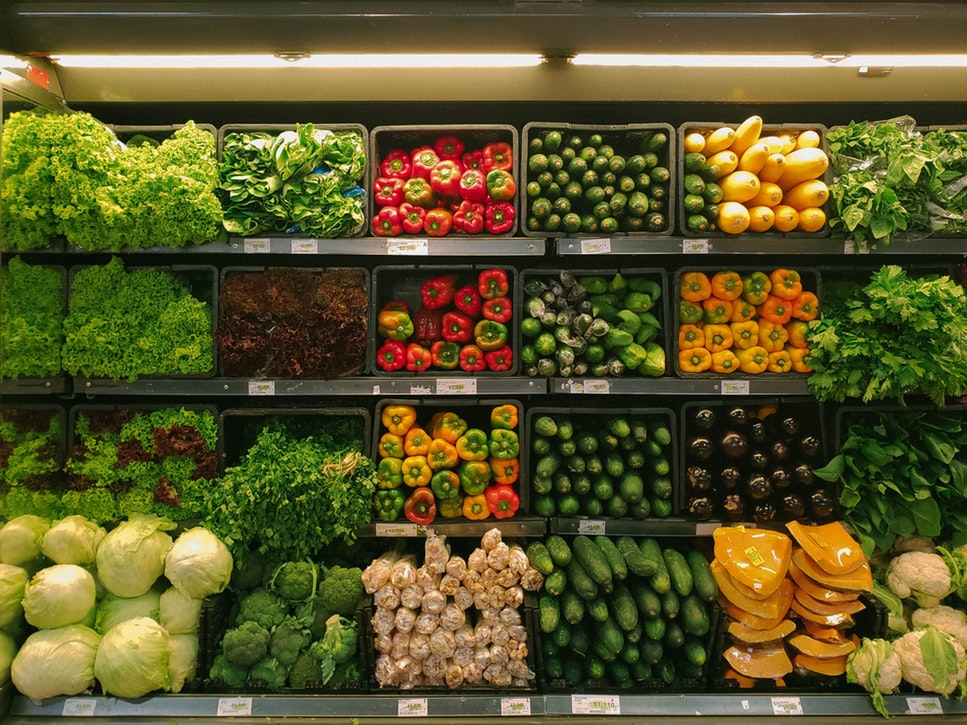

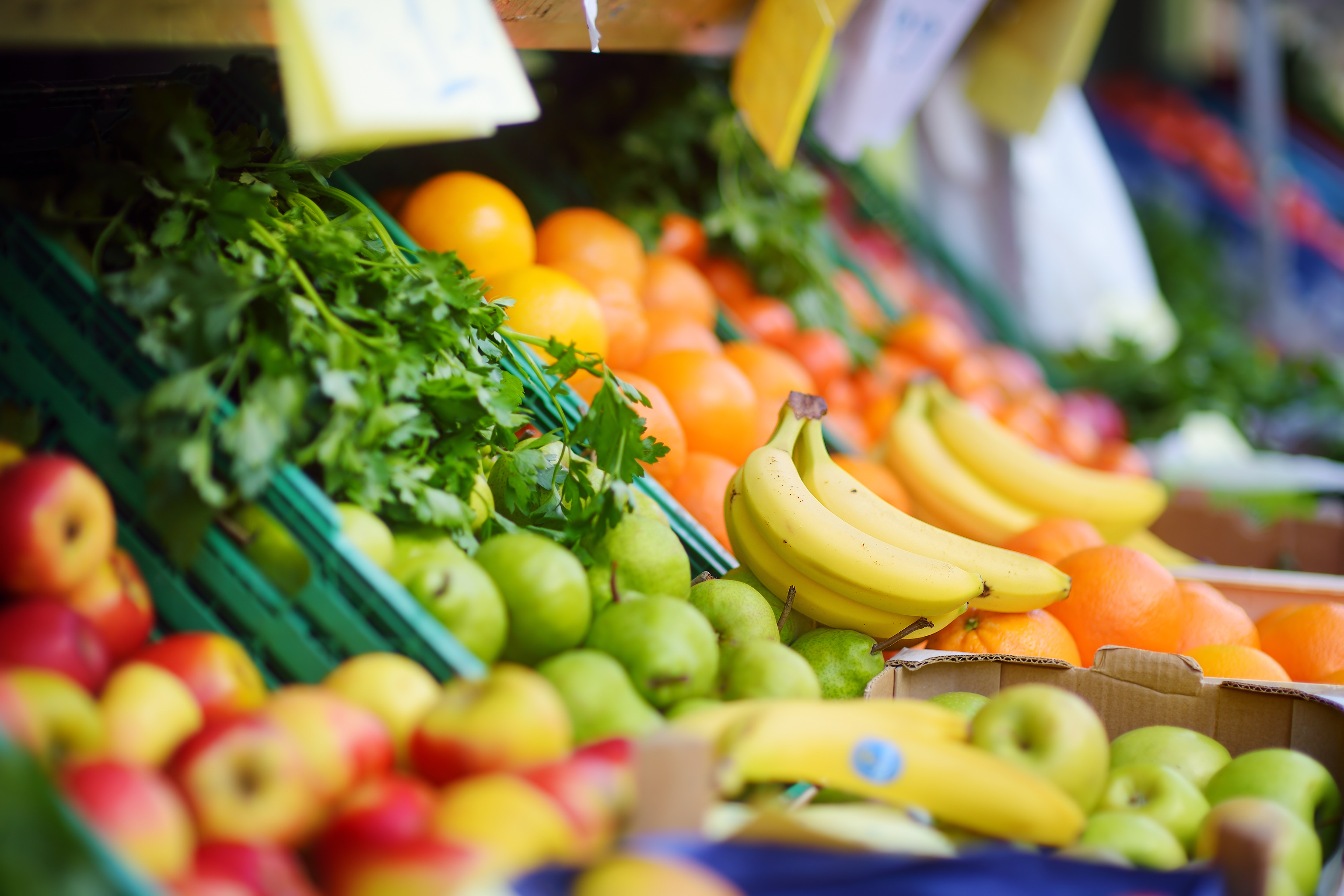

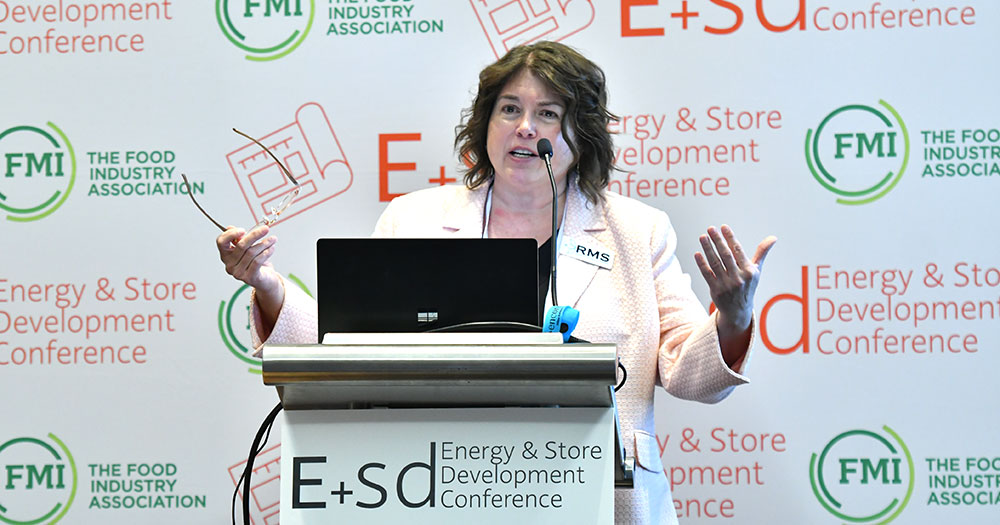
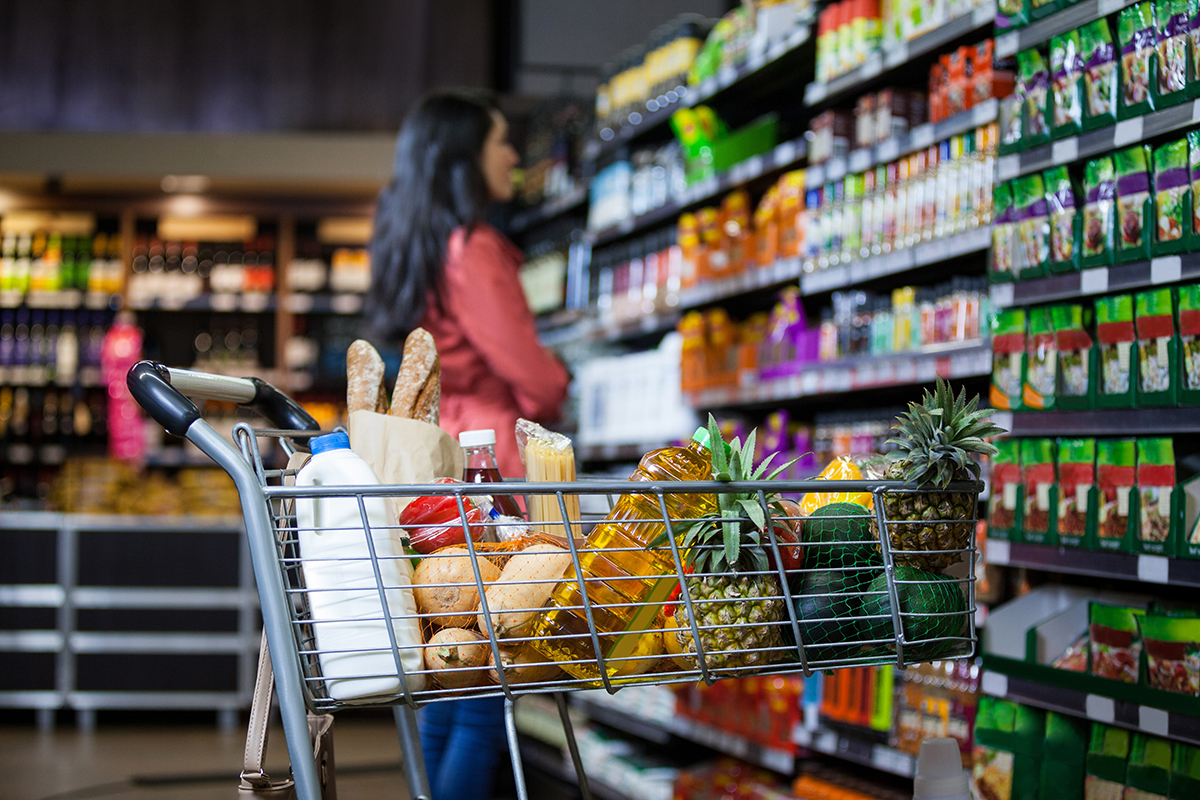

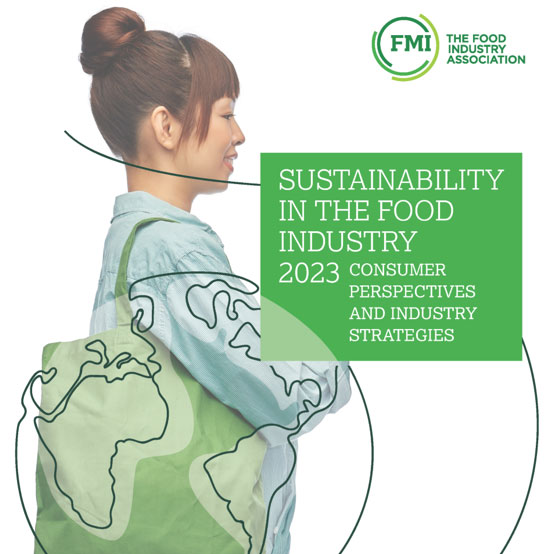
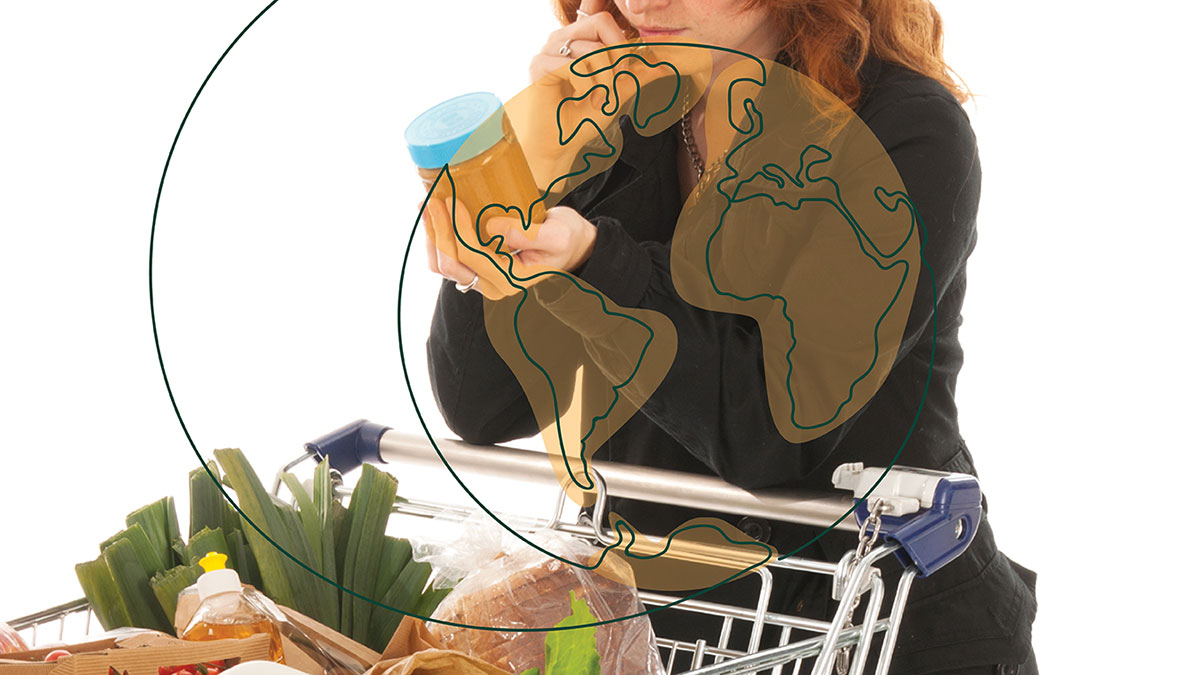
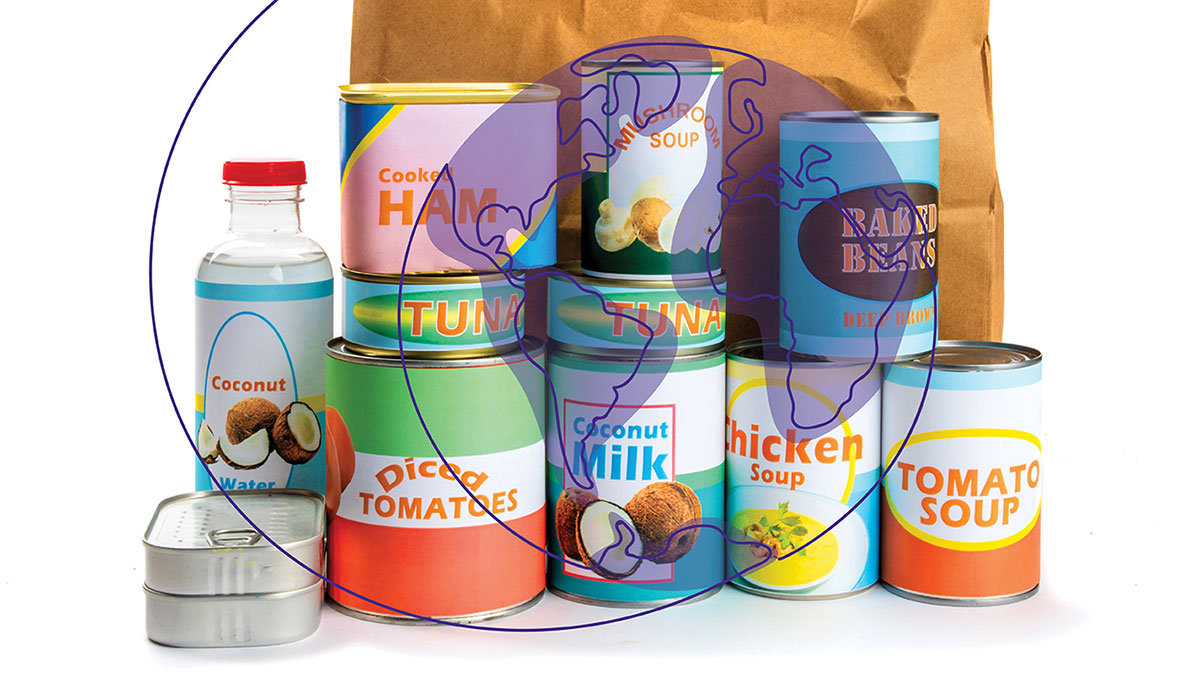

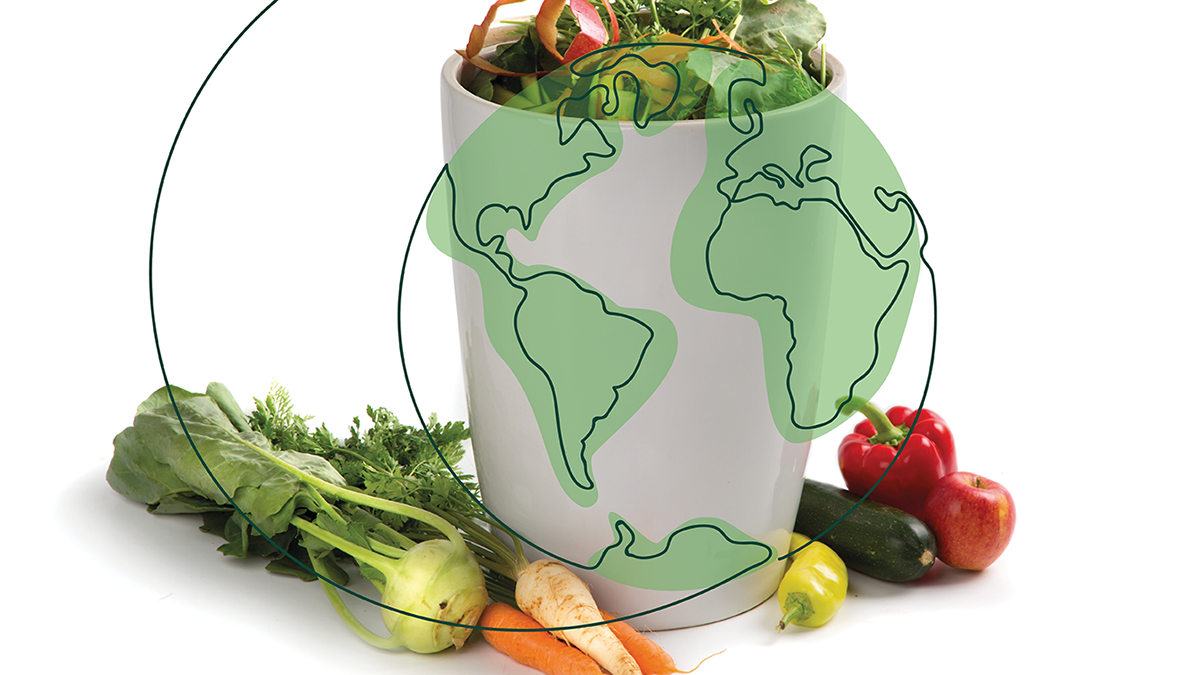
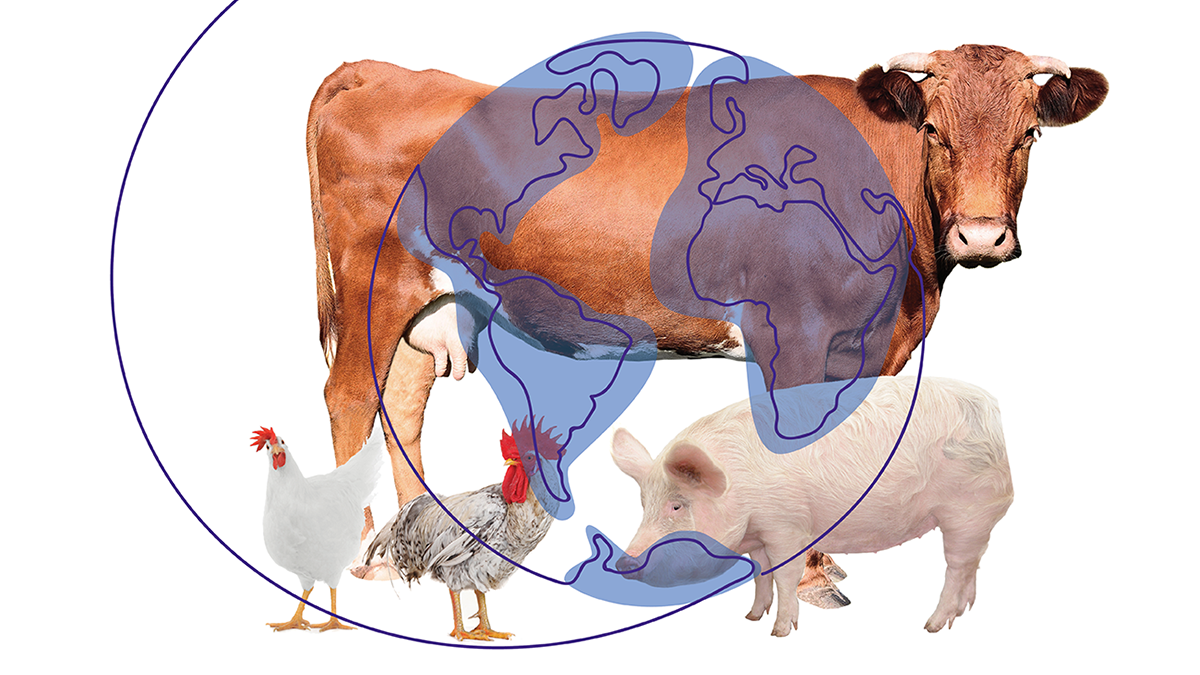

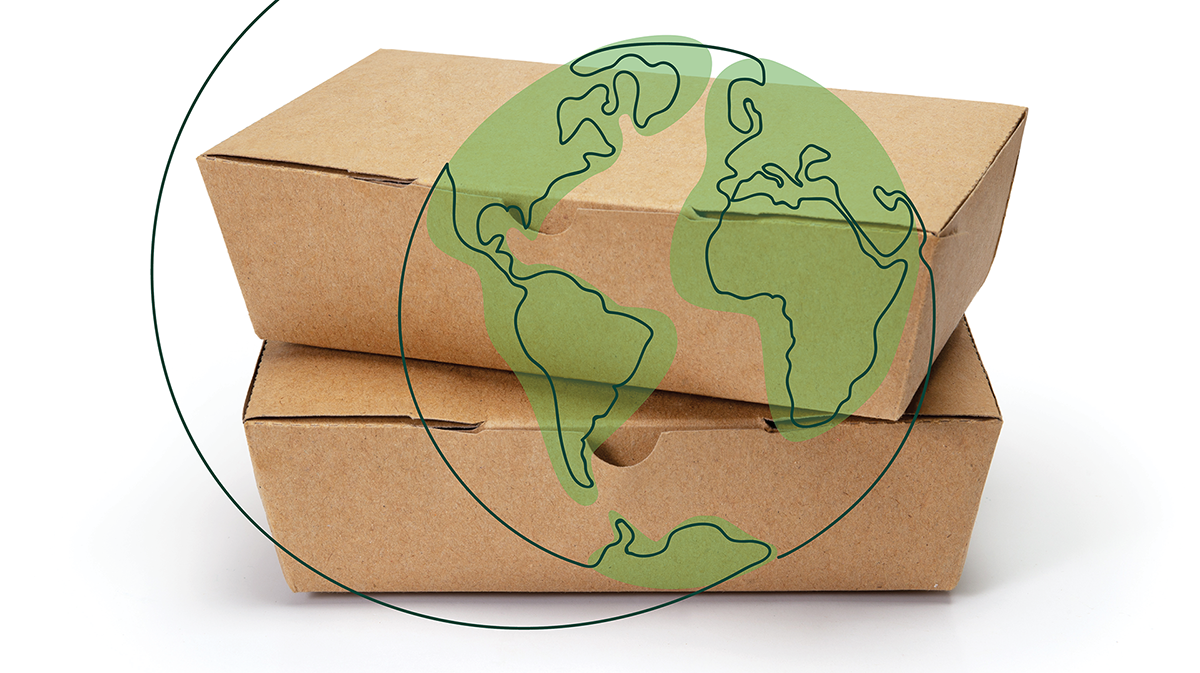


 Industry Topics address your specific area of expertise with resources, reports, events and more.
Industry Topics address your specific area of expertise with resources, reports, events and more.
 Our Research covers consumer behavior and retail operation benchmarks so you can make informed business decisions.
Our Research covers consumer behavior and retail operation benchmarks so you can make informed business decisions.
 Events and Education including online and in-person help you advance your food retail career.
Events and Education including online and in-person help you advance your food retail career.
 Food Safety training, resources and guidance that help you create a company food safety culture.
Food Safety training, resources and guidance that help you create a company food safety culture.
 Government Affairs work — federal and state — on the latest food industry policy, regulatory and legislative issues.
Government Affairs work — federal and state — on the latest food industry policy, regulatory and legislative issues.
 Get Involved. From industry awards to newsletters and committees, these resources help you take advantage of your membership.
Get Involved. From industry awards to newsletters and committees, these resources help you take advantage of your membership.
 Best practices, guidance documents, infographics, signage and more for the food industry on the COVID-19 pandemic.
Best practices, guidance documents, infographics, signage and more for the food industry on the COVID-19 pandemic.
